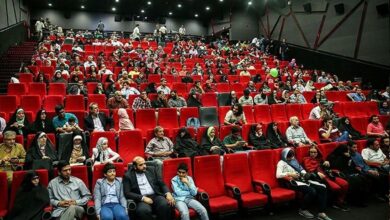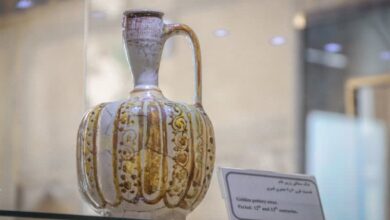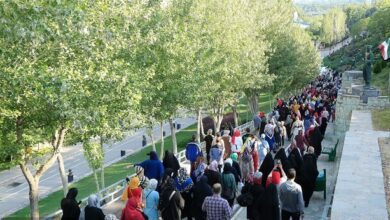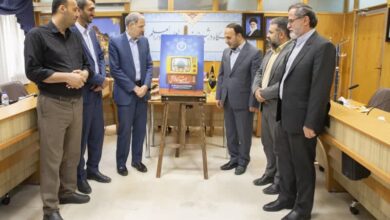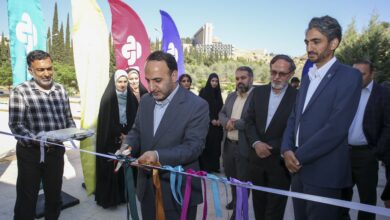Let's think about Preserving the Elites

According to SINA Press, the officials of Iran have been trying for several years to repatriate the scientific elites who have migrated to other countries for various reasons, in order to smooth the conditions for further scientific progress.
In this regard, Ali Hosseini, Deputy Director of Human Capital Development of the International Science and Technology Interaction Center, referring to the measures taken to facilitate this action and attract Iranian specialists and elites abroad, told SINA Press: Vice President for Science and Technology has entitled many cooperating programs with Iranian specialists abroad in three areas of scientific and technological cooperation, recruitment and employment in scientific and research centers, and defining specialized projects to replace conscription in cooperation with the Armed Forces.
He added: "In this regard many programs including postdoctoral programs, study opportunities, visiting and appointed professors, establishment of technology based company and holding lectures and specialized workshops, specialized projects and recruitment as university faculty have been designed and implemented."
According to Hosseini, in the first step, we seek to increase the number of Iranian specialists and scientists entering the county by focusing on graduates of the world's top 200 universities and provide them with a realistic picture of the country's situation in the fields of science and technology.
Further he said: "The Vice President for Science and Technology has contracts with the top centers and institutes of science and technology to attract and use scientific and professional potential forces. Therefore, facilities will be provided for Iranians who have graduated from the top universities in the world and wish to return if working conditions are available, so that immediately after entering the country, they will have enough opportunity to work in one of the best scientific centers to get acquainted with the working space and the scientific level of the center."
Hosseini also said about the results of returning Iranian elites abroad so far: "We have had the participation of more than 10,000 Iranian specialists and researchers abroad, as well as more than 2400 Iranian researchers and specialists from the world's top universities, mostly from the United States, Canada and European countries. Out of this population, 19 percent have graduated from the top 20 universities in the world including MIT, Stanford, Harvard, Berkeley, Illinois, Imperial College, Princeton, Michigan, National Singapore, EPFL Switzerland, etc. And about 79 percent of have lived out of Iran for more than 5 years."
So far, 290 start-ups and knowledge-based companies in various fields have been created by these people, which has provided direct specialized employment for more than 3400 of the best specialists and domestic graduates. Moreover, more than 480 researchers have returned to the country in the form of the mentioned programs that had a significant impact on increasing the quality of research, teaching and international activities of local universities.
Mehdi Golshani, a faculty member of the University of Technology, told SINA Press: "The scientific deputy has practical plans for the return of elites to the country, but the elites should lower their expectation as well."
Parviz Karami, the spokesman of the National Elite Foundation, said: "We have considered several projects to support local elites too, Shahid Ahadi program to provide facilities for continuing doctoral studies, Shahid Rahnemoun program to identify top university graduates in different stages, supporting their recruitment and employment and also promoting Islamic-Iranian culture in the community of top graduates. Similarly, Shahid Shahriari project has been proposed with the aim of attracting top doctoral graduates as "faculty members" in universities and research institutes. More programs including the late Kazemi Ashtiani plan to support the research activities of young assistant professors, the Shahid Fakhrizadeh plan to identify and support selected inventions, the plan of Shahid Razavi to support top graduates to create knowledge-based businesses and use of top graduates in the knowledge-based companies are among few examples of such successful programs."
Reported by: Marzieh Hasanpour
Translated by: Mehdi Fallahi Panah

